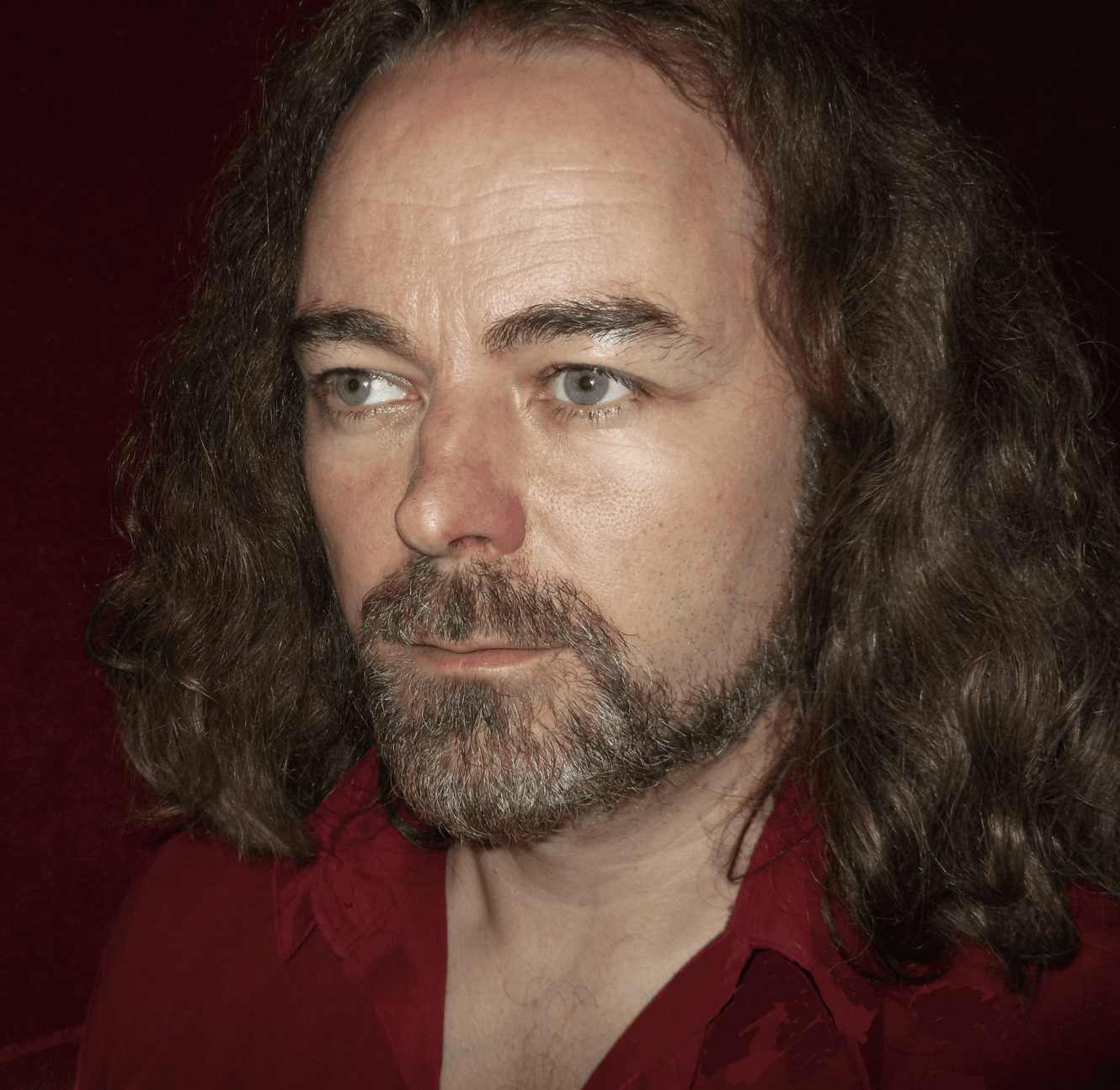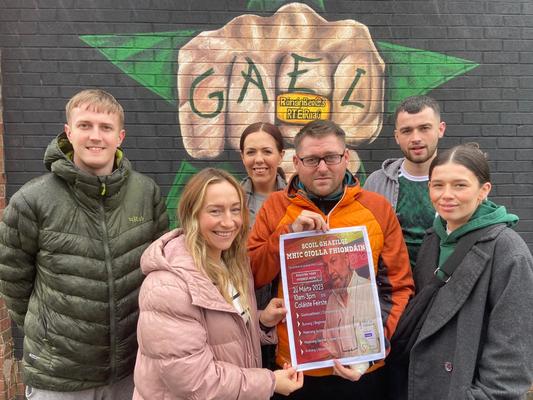AN Andersonstown poet has been nominated for this year’s An Post Irish Poem of the Year Awards.
The yearly award has been whittled down to four contenders, Paul McMahon, Martina Dalton, Michael Longley and Jim McElroy.
Paul, who is originally from Riverdale in West Belfast and now lives in Clonakilty, West Cork, has spent much of the last 15 years travelling the world, around South America, India and South East Asia and has also lived in mainland Europe.
Paul’s poem ‘What Man Doesn’t?’ was written about an experience he witnessed whilst travelling in Mexico.
Speaking about his poem, Paul said: “The poem is what might be called ‘a witness poem’ – everything happened as I’ve described it in the poem, the events on the street, and the thoughts in my head. The poem leaves questions unanswered. Readers of the poem have been emailing me for answers, but like them, I only observed the events. I also have questions unanswered. What man doesn’t?”
Paul’s inspiration for his poetry come from his father as well as his teacher at St Mary’s Christian Brothers who introduced him to Seamus Heaney. Paul said his favourite poets were Seamus Heaney, Ciaran Carson (also a pupil of St Mary’s), Bruce Weigl and Charles Simic and his mentor Matthew Sweeney who passed away a few years ago.
On his introduction to poetry, Paul said: “I first heard the word poet from my dad James when I was about five or six. He was a poet himself and had poems published in local newspapers like Ireland’s Own. Originally, he was from a farm in Monaghan, and if ever referring to a local event, he would often say, ‘When I was a boy, the poets used to write about those things.’ This sparked my curiosity. Who were these ‘poets’? I used to wonder.
"It wasn’t until I was fifteen that I actually started to write. I went to St Mary’s and my English teacher was Dermot Campfield. One dreary day, I was daydreaming in class while Mr Campfield paced across the front of the class, a book of poetry grasped in his left hand, his right hand gesticulating out into the air, saliva flying from his mouth, while he recited a poem from the book. ‘What the hell is this?’ I said to myself.
Dermot was reading ‘Death of a Naturalist’ by Seamus Heaney.
"I had only ever glanced at the poem in my book. I had other things to think about, what teenager doesn’t? Then I tuned in to the words. I’d never really heard mad language like it before. And it hit me – this is poetry, this is what my Daddy was talking about for all those years. I ran home that day and wrote my first poem.”
Paul stated he hopes his nomination this year amongst esteemed poets such as Michael Longley will get more people who wouldn’t normally read poetry into reading and writing poetry for themselves.
“For the award, every Irish poet that’s had their work published by a reputable publisher during the previous year was invited to submit a poem for the award. I was delighted that my poem was chosen by poet, Ian McMillan, to be one of four poems on the shortlist. The final winner is chosen by public vote.
Really chuffed to be shortlisted for Poem of the Year at the Irish Book Awards! And in such fine company! https://t.co/yxBDy5skdk
— Paul McMahon (@Paul_McMahon__) October 21, 2022
“Having a poem on a shortlist like this gets it in front of people who wouldn’t normally read poetry. Hopefully the poem makes them think – I understand this, my mind thinks like this too.
“Being on the shortlist with Michael Longley does make me feel like I’m up against a giant. But this is also a good thing as it might get the shortlisted poems read by more people.”
What Man Doesn't
Driving through the outskirts of Tuxtla
I looked out the window of the night bus
and saw a man sprinting along the pavement.
Headed to the centre, like us, he must be late
for a date, I told myself, as we drove on,
leaving him behind, and when I imagined
his lady at a corner checking her phone
I could only smile – I knew the routine well,
what man doesn’t, right? I was still thinking
of him, making it up to her, a minute later
as the bus slowed down to weave through
an incident area marked out by the police
when I looked out the same window and saw
another man lying face down on the road,
legs crossed, a sheet of A4 paper covering
his head, and a pool of liquid glistening
beside the curls of his shoulder-length hair –
as the sprinter appeared, screaming, and ran
towards the dead man, I blessed myself and
noticed a policeman looking at me, nodding
his head as though he knew this routine – me
on the bus looking out while safely driving
past – only too well, what man doesn’t, right?
To vote in this year's Poem of the Year Shortlist visit here.







